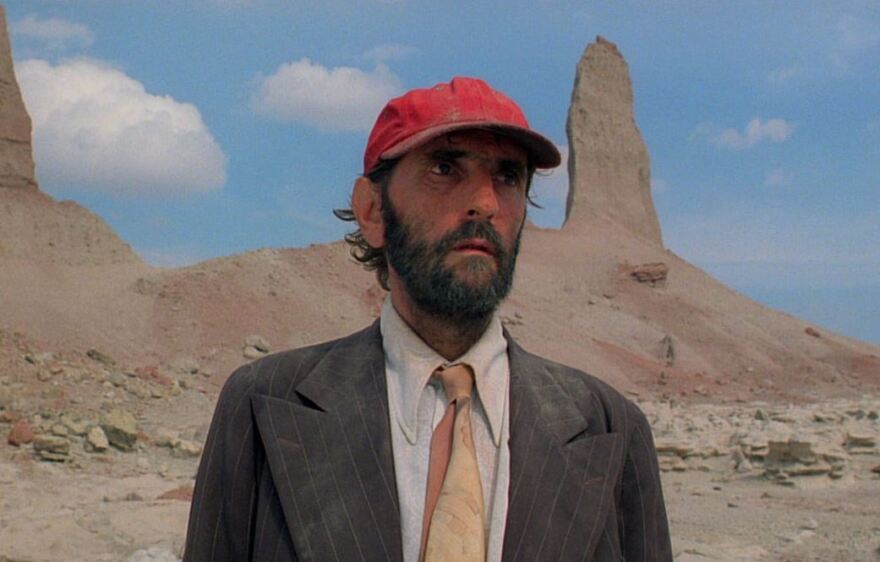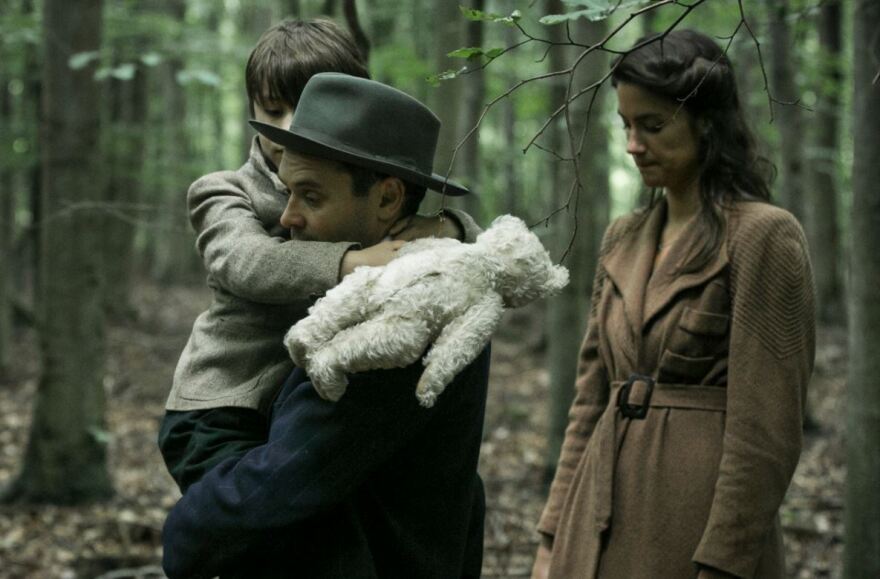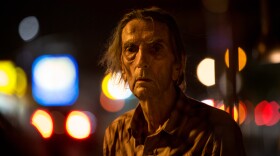For 40 years, the Denver Film Festival has brought to this area hundreds and hundreds of good films from all over the world that would not show here otherwise. That’s a serious achievement. This year the festival schedule includes roughly 150 feature films, which is nicely unruly, and can’t be summed up in any legitimate way. So, as usual, I have a few suggestions, but I always think the best thing to do at a film festival is simply to choose at random something you’ve never tried before. Surprise yourself.
Danish filmmaker Nicolo Donato’s Across the Water is more than just another film about Nazi atrocities. Donato gives his characters context as human beings, so that the Jews aren’t just a mass running in terror, and the non-Jewish Danes have more to them than that label. The film takes place in 1943, when the Nazis decided to break their accord with Denmark, which had protected Jews. A jazz guitarist who’s good and happens to be Jewish finishes a set with his band. Later, at home, the Nazis suddenly are banging on the door. He escapes with his wife and young son, and there’s a long nighttime chase. It’s hard to see just what’s happening, and the shaky hand-held camera keeps up the disorientation and tension. Director Donato insists that these are all people, not types. Children act out; parents act well at times and badly at others. A Danish boatman won’t take people to Sweden unless they pay, so his sister and brother-in-law must set him straight. The film also pays attention to questions of responsibility. It makes individual characters responsible for what they do or don’t do. The Nazis are not faceless – killing another human being is personal, and individual Nazis are called to account.
The movie also observes how easily and quickly people can be changed from unique human beings into generic refugees, but it keeps characters and situations, so that humanity transcends categories.
I must not talk about Liyana without making a disclosure. One of the directors, Aaron Kopp was my student a few years ago – although I did not teach him filmmaking. His movie, co-directed with Amanda Kopp, centers on children in an orphanage in Swaziland. They’re in a class led by a generous, encouraging storyteller and teacher to make up a story as a group. What they create is like a typical folk tale – a girl named Liyana overcomes hardships and confronts a frightening villain. Much of the story about her is shown in 3-D computer drawings that are good enough, but not nearly so powerful as the faces of the children who make up the story and add their gestures and expressions.

These children have faced terrible traumas in their short lives. They’ve seen plenty of violence, the depredations of AIDS, loss of family – and their experience comes out in the events they add to the Liyana story. The directors of Liyana are young, but they have a sophisticated sense of how a story can be created and how so much beauty and fright can come from the imaginations of these children. The Swaziland countryside is beautiful; the story is beautiful; the children are beautiful.
The Denver Film Festival generally has not presented retrospective screenings, and happily they’ve changed that practice this year. Wim Wenders’ transcendent Paris, Texas, with Harry Dean Stanton, is on the schedule. It’s a long, brooding film about loss of connection.

Cinematographer Robby Müller shows a fabulous understanding of place – whether it’s the desert or the city of Los Angeles. There are three films by the magnificent Mexican cinematographer Gabriel Figueroa – Luis Bunuel’s Los Olvidados Roberto Gavaldón’s Makaria, and the radiant Maria Candalaria, directed by Emilio Fernández. In the 1940s, Figueroa and Fernández made Mexican cinema world-famous, particularly for what were called the “Figueroa skies.”
And there’s the stunning Red, White, Blue trilogy by Polish director Krzysztof Kieslowski.






